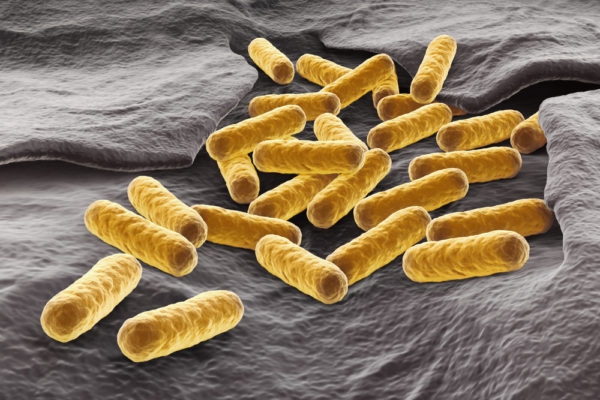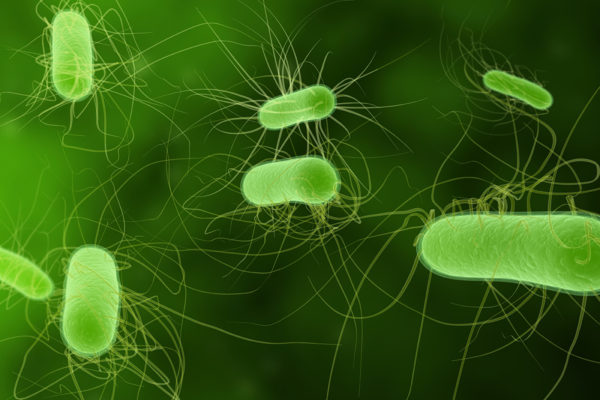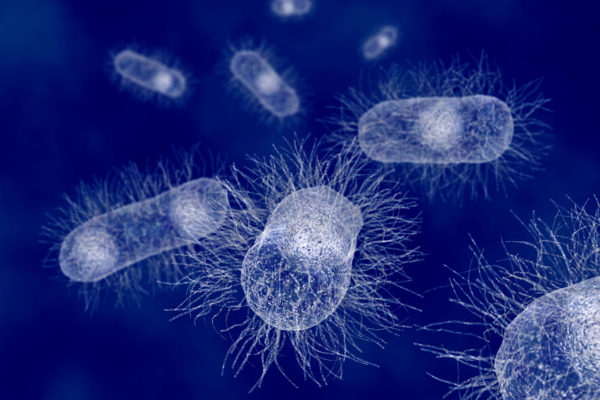New pathways, better biofuels
New research from an engineer at Washington University in St. Louis stitches together the best bits of several different bacteria–including a virulent pathogen–to synthesize a new biofuel product.
Engineering a better biofuel
The often-maligned E. coli bacteria has powerhouse potential: in the lab, it has the ability to crank out fuels, pharmaceuticals and other useful products at a rapid rate. A team from the School of Engineering & Applied Science at Washington University in St. Louis has discovered a new way to remove a major stumbling block in the process, and boost biofuel production from E. coli.
Survival of the hardest-working
An engineering team at Washington University in St. Louis developed a cellular kill switch, a sensor that rewards hard working cells and eliminates their lazy counterparts. The high-tech engineering fix could help improve production of biofuels and pharmaceuticals.
WUSTL students return from studying biofuels in Brazil
This summer, WUSTL students participating in the International Experience in Energy, Environmental and Chemical Engineering went to Brazil to study its booming biofuel industry. Applications now are being accepted for next year’s trip to Australia. The topics to be studied are coal, coal-seam gas, wastewater treatment, biofuels and the geothermal industry.
WUSTL receives Gates Foundation Grand Challenges Explorations funding
Yinjie Tang, PhD, the Francis Ahmann Career Development Assistant Professor in energy, environmental & chemical science, has won funding from the Bill & Melinda Gates Foundation to pursue an innovative global health research project, titled “Using fecal sludge for butanol fermentation.”
Champion hydrogen-producing microbe
The cyanobacteria are famous for releasing the oxygen that made the Earth a hospitable planet, but some strains also have a hidden talent for producing hydrogen gas, a potential biofuel. With the help of a few metabolic tricks, a lab at Washington University has coaxed one such strain to produce champion levels of the gas.
Volvox genome sequenced
Scientists have sequenced the genome of the colonial alga, Volvox carteri, the journal Science announced. While the photosynthesizing colonial algae is fascinating in itself, knowing its genome may also help scientists engineer algae able to produce economic biofuels.
New techniques create butanol
Lars Angenent in his lab.A team of researchers headed by Lars Angenent, Ph.D., assistant professor of energy, environmental and chemical engineering at Washington University in St. Louis, is plying new techniques to produce a biofuel superior to ethanol.
Business school students work out plan for biofuels in undeveloped countries
Photo courtesy R. K. Henning and D1 Oils; www.jatropha.orgJatropha plantsDuring a practicum for the World Agricultural Forum, Washington University M.B.A. students realized that using ethanol as an alternative fuel in developing countries isn’t cost effective. Instead, they stumbled upon the jatropha plant, a hardy shrub with seeds that can easily produce oil to power basic generators. The students’ work demonstrated the potential for economic stability that jatropha could offer small villages. More…



